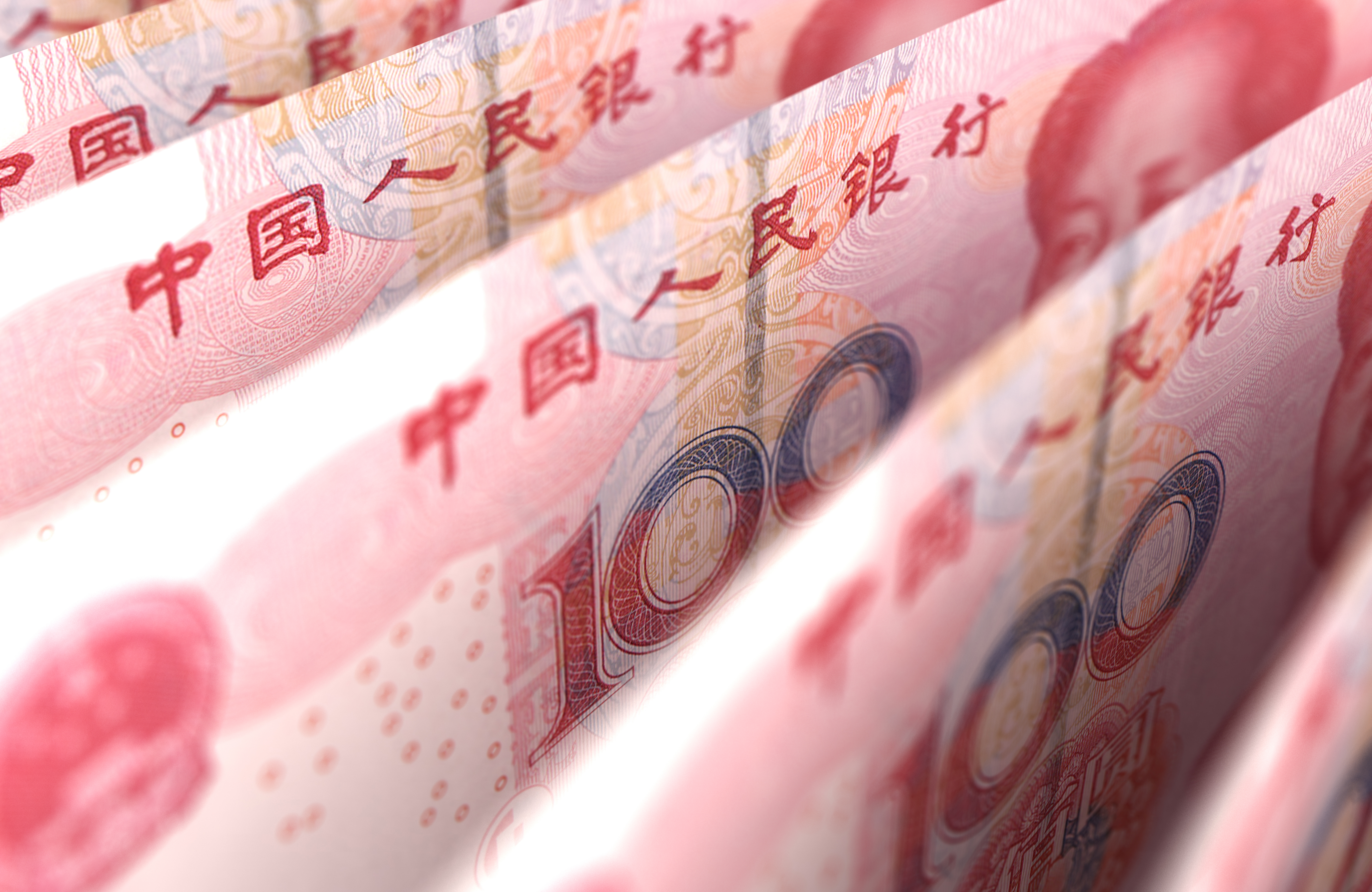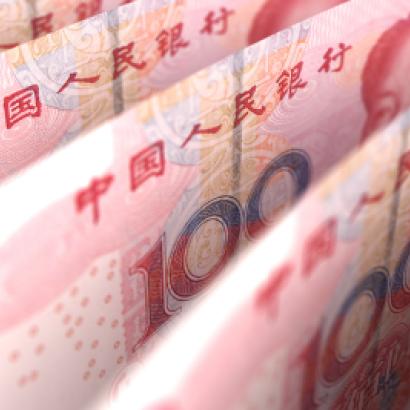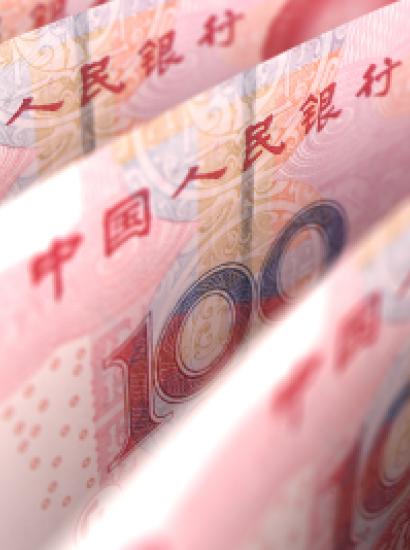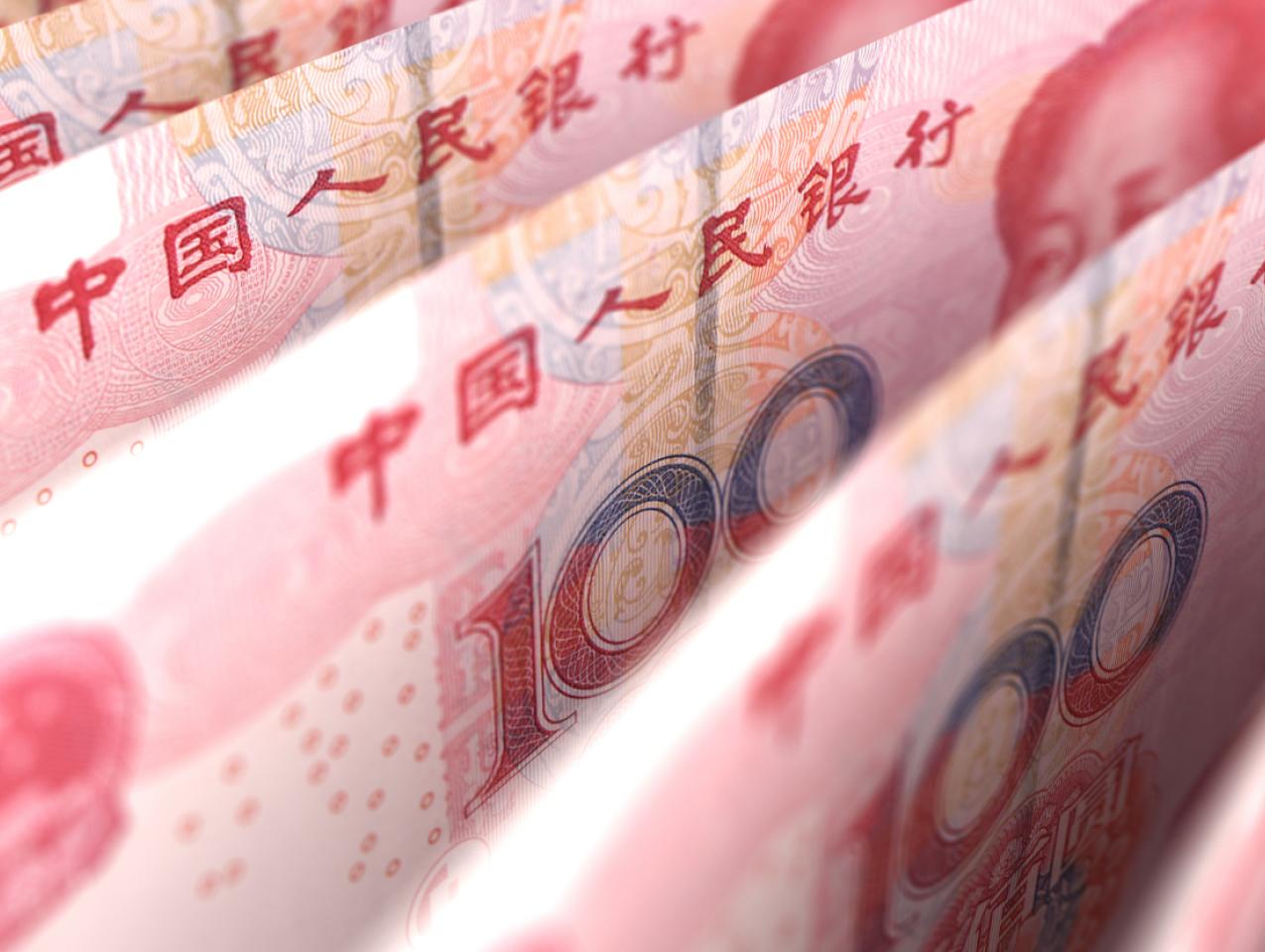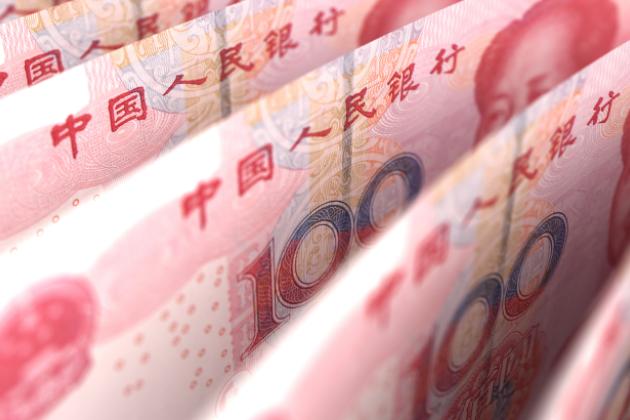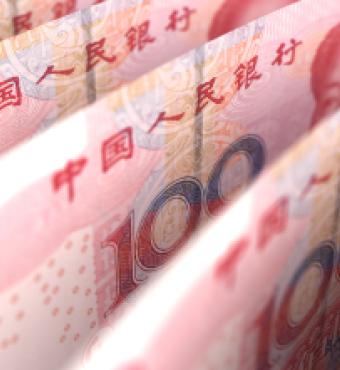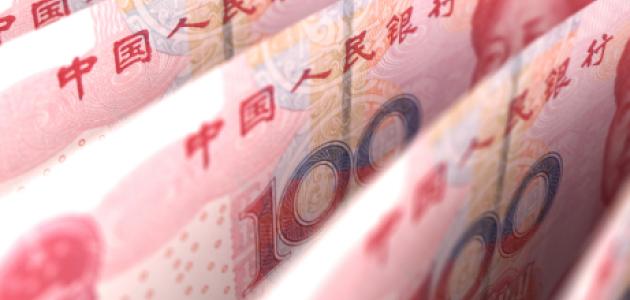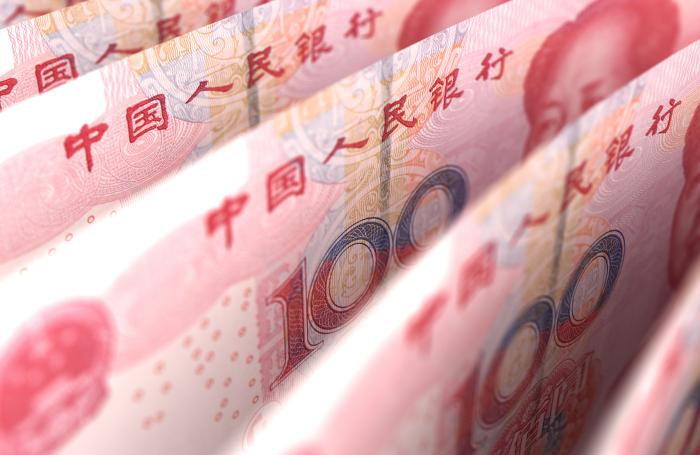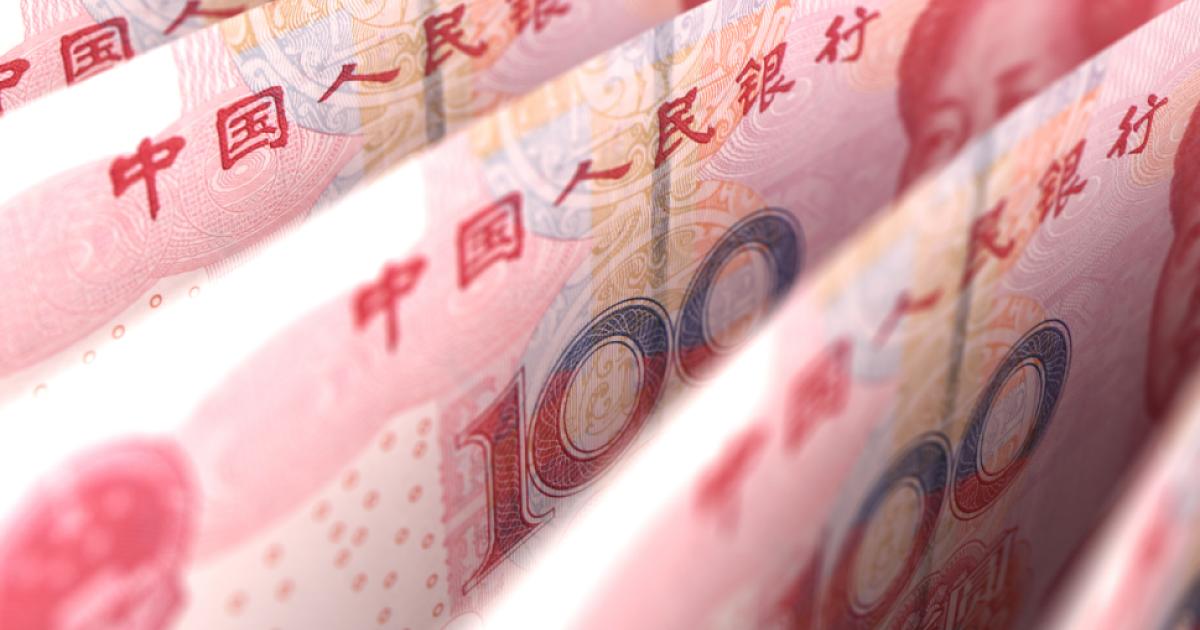Beijing's decision earlier this year to stop shipments of rare earth minerals to Japan apparently as part of a territorial dispute raised a lot of concerns about the strategic implications of China's growing economic strength. And well it should. Up to now, Beijing has worked hard to separate economics from politics on the world stage as part of a strategy to minimize global unease with its rise. That it is now willing to use an economic lever in a political matter suggests that approach is changing in ways that could cause trouble for the rest of the world and for China itself.
The minerals embargo against Japan became publicly known on Sept. 23, when the Japanese government reported that Chinese customs officials were stopping all shipments to Japan in the middle of a dispute over the two countries' territorial claims to the Senkaku islands. On Oct. 18, the export ban was extended to the United States and Europe. Media speculated that China was reacting to the investigation that the Obama administration opened Oct. 15 into whether China violated international trade rules with her restrictions on rare earth exports.
China resumed the shipments to the U.S. and Europe on Oct. 28 and to Japan on Nov. 18. But the issue lingers: China mines 95% to 97% of the world's supply of these resources and already had sharply reduced its export quotas for them in 2009 and 2010. At the time of the resumption, only 3,000 to 4,000 tons worth of quota remained, suggesting that shipments could stop again before the end of the year if the remaining quota is filled.
Continue reading Jongryn Mo’s Wall Street Journal Asia op-ed…






